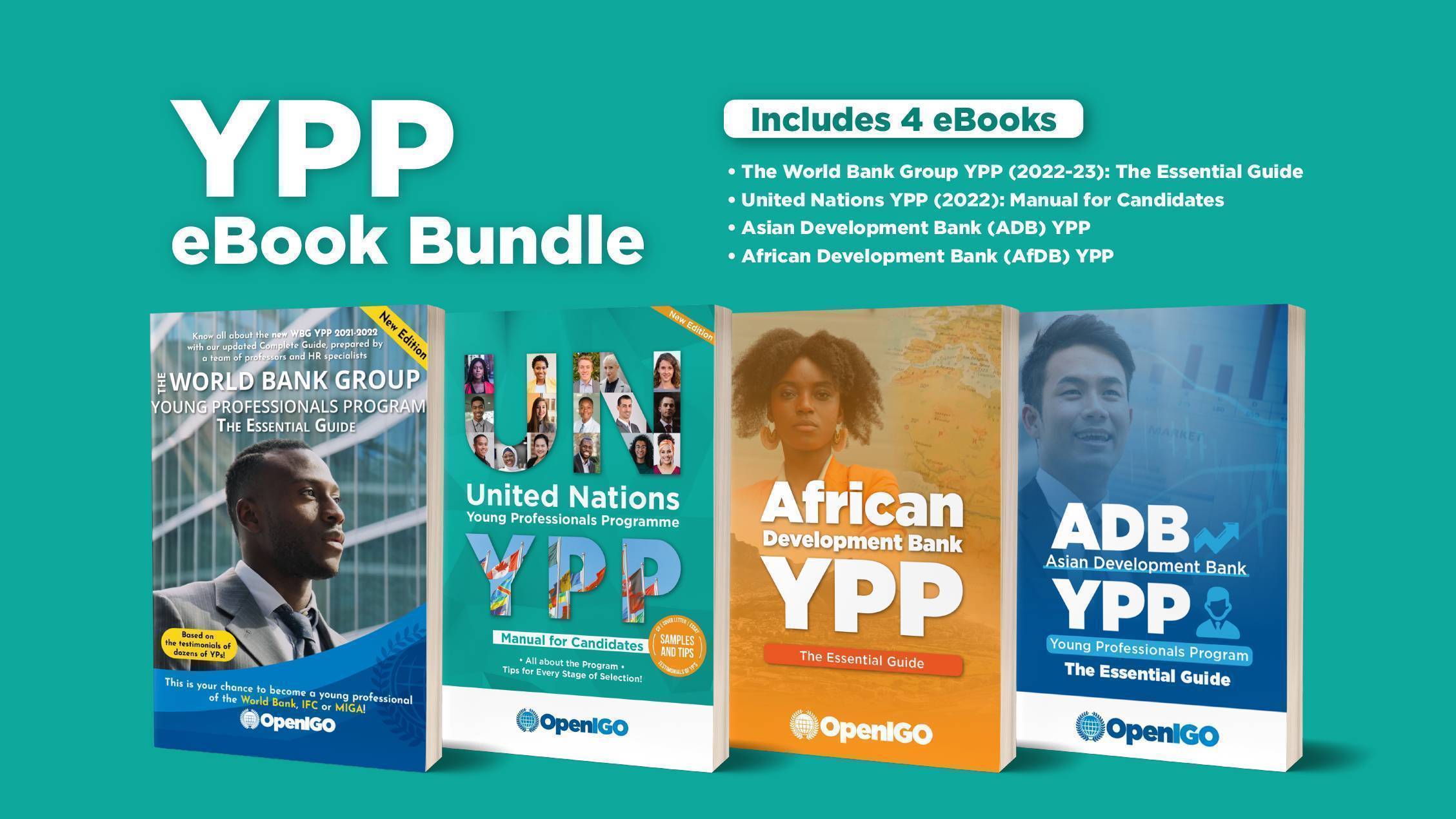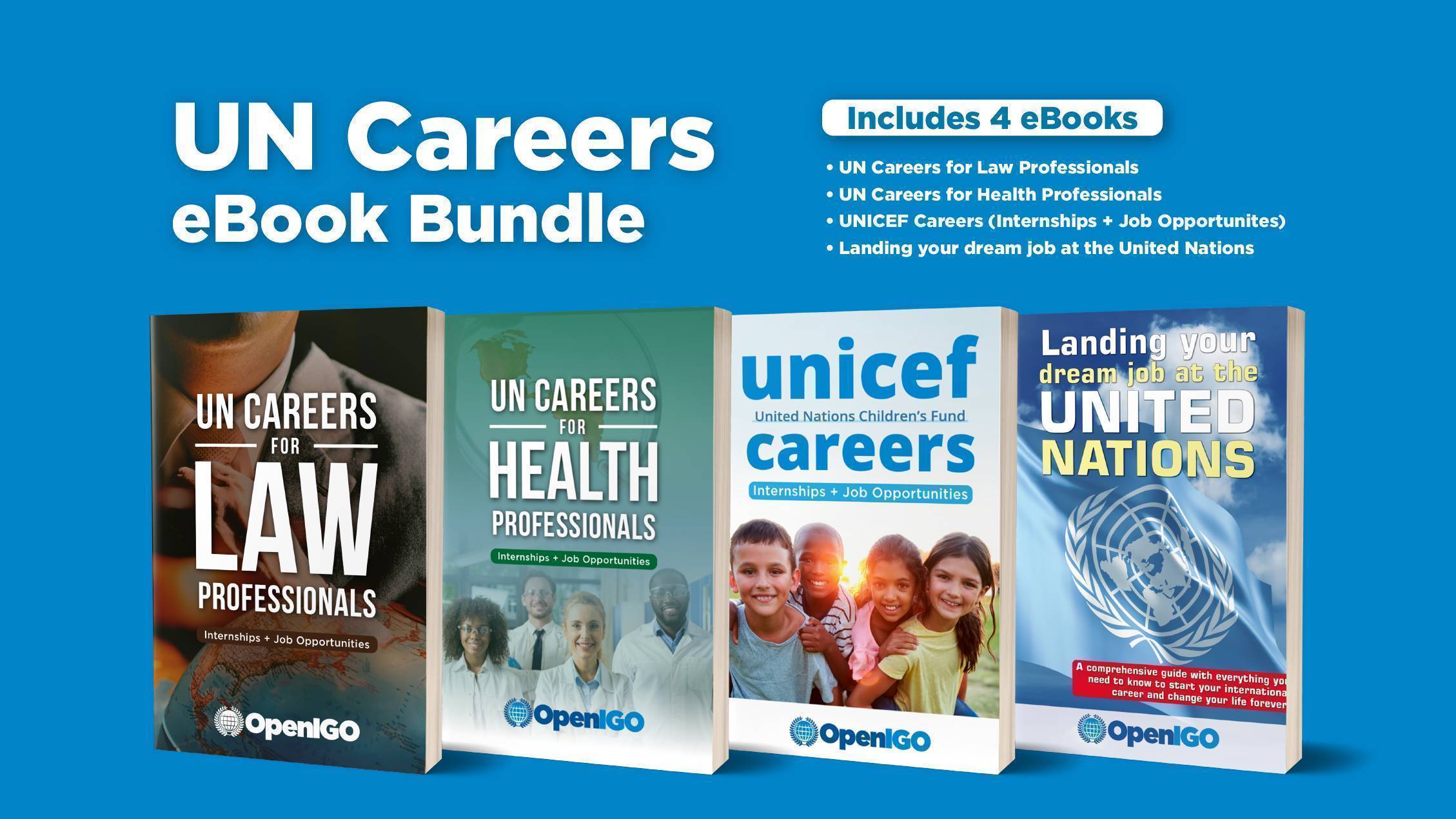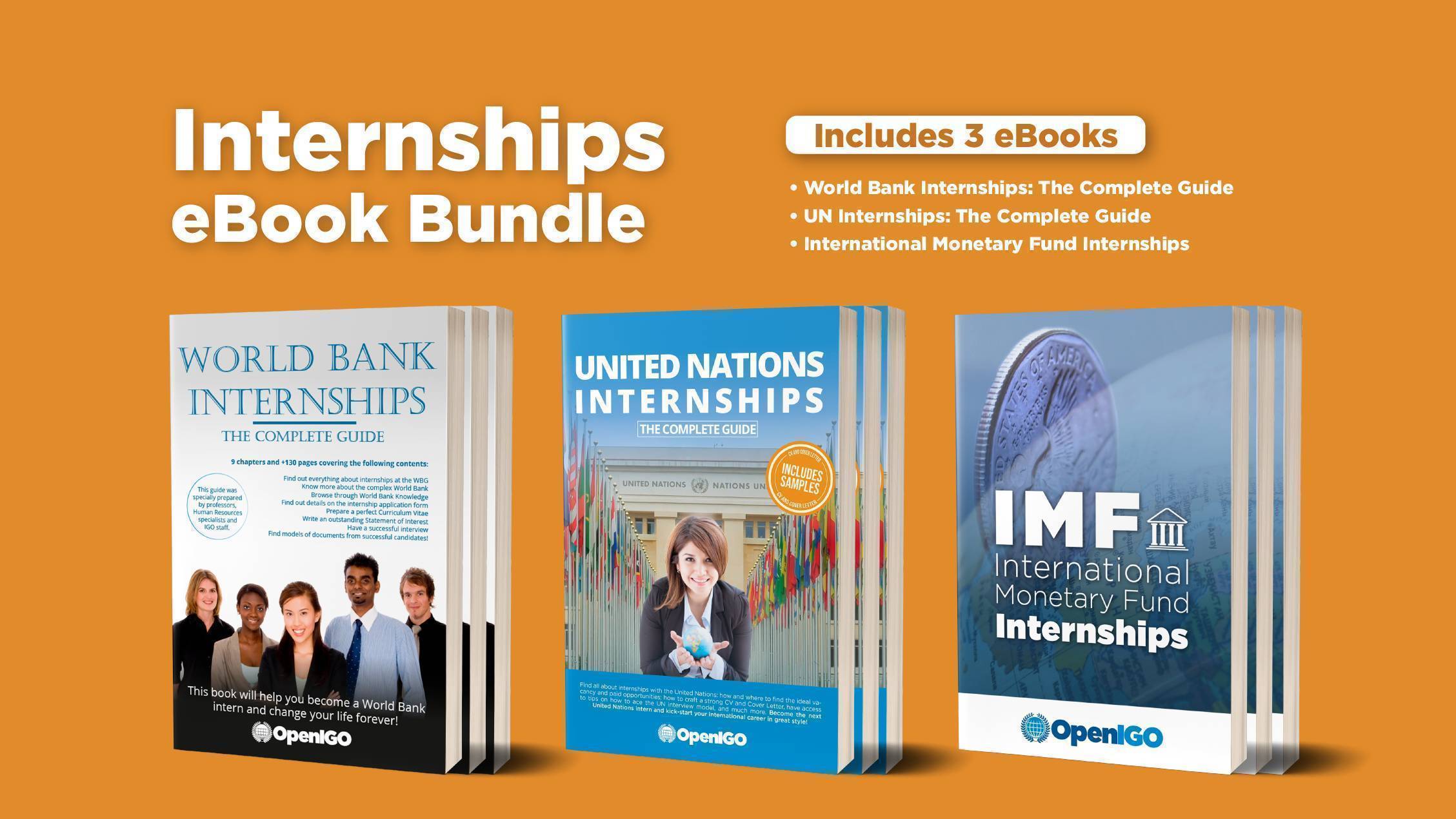In today’s competitive international job market, having a master’s degree can significantly strengthen your profile—especially when applying for roles in international organizations like the United Nations, the World Bank, or regional development banks. This article explores some of the most relevant master’s programs that can give you a clear edge and improve your chances of landing a career in global governance, development, or diplomacy.
Why a Master’s Degree Matters
A master’s degree is often considered essential for most mid- to senior-level positions in international organizations. These institutions seek candidates with deep knowledge, analytical skills, and a global perspective—qualities often cultivated in graduate programs. Certain master’s degrees are particularly valued for the technical, political, or economic expertise they provide, as well as for the professional networks they offer access to.
Moreover, a specialized master’s degree signals your commitment to international service and can compensate for limited professional experience, particularly when applying for Junior Professional Officer (JPO), Young Professionals Programs (YPP), or internships.
Top Degrees to Consider for Global Careers
Below are some graduate programs that are highly respected across the international career landscape:
International Affairs / International Relations:
Prepares students for diplomatic and policy roles at the UN, ministries, and think tanks.
Institutions: Georgetown (MSFS), Sciences Po, LSE, Geneva Graduate Institute.Public Policy / Public Administration (MPP/MPA):
Focuses on policy design, economics, and governance—ideal for roles at the UNDP, OECD, or World Bank.
Institutions: Harvard (Kennedy School), Hertie School, SIPA (Columbia).International Development:
Equips professionals to work on poverty alleviation, gender, and sustainability.
Institutions: IDS Sussex, SOAS, American University, LSE.Human Rights / Humanitarian Action:
Ideal for work at OHCHR, UNHCR, or NGOs focusing on humanitarian crises and refugee protection.
Institutions: Geneva Academy, University of Essex, Uppsala University.Environmental Policy / Climate Studies:
Highly relevant for careers in UNEP, FAO, and climate-focused INGOs.
Institutions: Yale (YSE), Wageningen University, Lund University.Peace and Conflict Studies / Security:
Prepares candidates for conflict resolution, mediation, and peacebuilding.
Institutions: Uppsala, George Mason, University of Bradford.Global Health / Public Health:
A top choice for WHO, UNICEF, and other health-focused UN agencies.
Institutions: Johns Hopkins (Bloomberg), LSHTM, Karolinska Institute.
How to Choose the Right Master’s Program
When selecting a program, consider the following:
Alignment with your career goals: Ensure the curriculum fits your intended field (e.g., gender policy, economic development, peacebuilding).
Practical components: Internships, fieldwork, and partnerships with international organizations add significant value.
Language of instruction: Many UN jobs require fluency in English and working knowledge of French or another UN language.
Alumni networks and career support: Schools with a strong pipeline to IOs can facilitate your entry through alumni connections.
Funding Opportunities
Graduate education can be expensive, but there are numerous scholarships and fellowships available for those committed to international careers, such as:
Joint Japan/World Bank Graduate Scholarship Program (JJ/WBGSP)
Fulbright Scholarships
Erasmus Mundus Joint Master Degrees
Chevening Scholarships
DAAD (for studies in Germany)
Boosting Your Application Further
In addition to pursuing the right degree, strengthen your application for international careers by:
Gaining field experience through internships or volunteer work with NGOs or development agencies.
Publishing research or blog articles related to your area of interest.
Participating in conferences, simulations (like Model UN), and relevant extracurriculars.
Conclusion
A master’s degree is a powerful tool in launching or advancing a global career. Choosing the right field and institution can open doors in competitive international environments. Combine academic credentials with strategic experience to position yourself as a strong candidate for roles in the UN System and other international organizations.
Remember, the journey to a successful career in international organizations is a marathon, not a sprint. It requires patience, perseverance, and a willingness to adapt to new challenges and opportunities along the way.
And when you’re ready to take the next step in your journey, consider exploring “Dream Beyond Borders: 7 Steps to Conquer a Successful Career in International Organizations.” Priced at just $1.99, this invaluable resource offers practical advice, insider tips, and actionable steps to help you navigate the complexities of international careers and achieve your professional aspirations. Purchase your copy today at https://openigo.com/product/dream-beyond-borders-ebook/ and embark on a journey towards a future filled with purpose and possibility.











